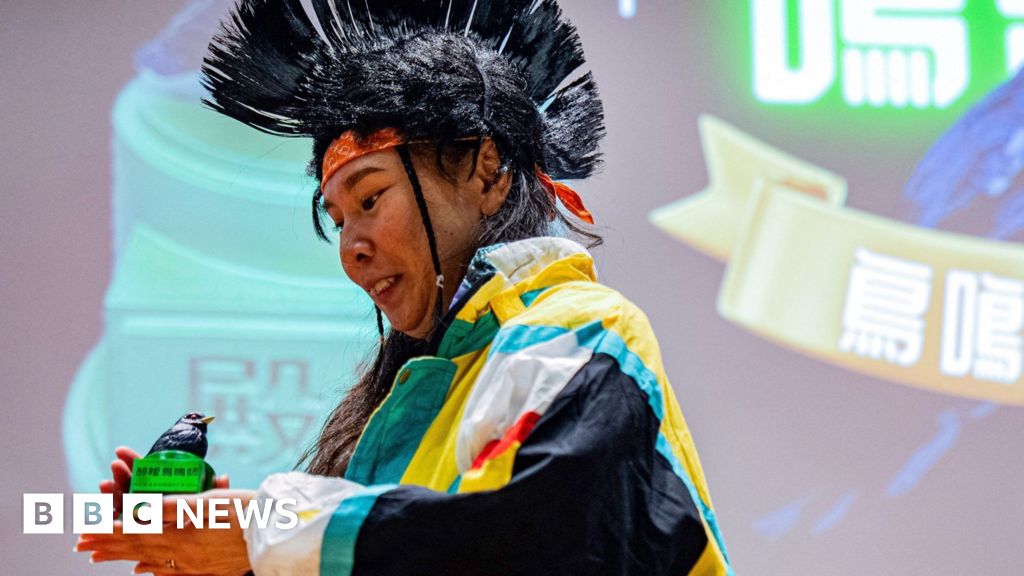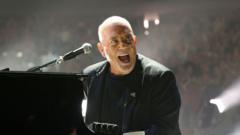The sisters from southwestern China, Hu Di and Hu Ke, illustrate this shift perfectly. On a recent day trip, they experienced a whirlwind of sights in less than 12 hours, making only minor purchases and emphasizing a distinct lifestyle of frugal tourism. This pattern poses a significant challenge for Hong Kong, which has already suffered due to years of protests, travel restrictions due to COVID-19, and a changing global perception of its governance.
In response, the Hong Kong government has embarked on a campaign to reposition itself as the premier events capital of the region, pivoting away from its traditional focus on shopping. The introduction of the new $4 billion sports park at the former Kai Tak airport, highlighted by a state-of-the-art stadium, represents a strategic move aiming to draw back tourists by hosting large-scale events, concerts, and trade fairs. The recent success of the Rugby Sevens tournament at the stadium supports this new vision.
By redefining its narrative, Hong Kong is hoping to encourage tourists to not only visit but to invest their time and money back into its economy, moving beyond the tourist spending downturn that has defined recent years.
In response, the Hong Kong government has embarked on a campaign to reposition itself as the premier events capital of the region, pivoting away from its traditional focus on shopping. The introduction of the new $4 billion sports park at the former Kai Tak airport, highlighted by a state-of-the-art stadium, represents a strategic move aiming to draw back tourists by hosting large-scale events, concerts, and trade fairs. The recent success of the Rugby Sevens tournament at the stadium supports this new vision.
By redefining its narrative, Hong Kong is hoping to encourage tourists to not only visit but to invest their time and money back into its economy, moving beyond the tourist spending downturn that has defined recent years.

















